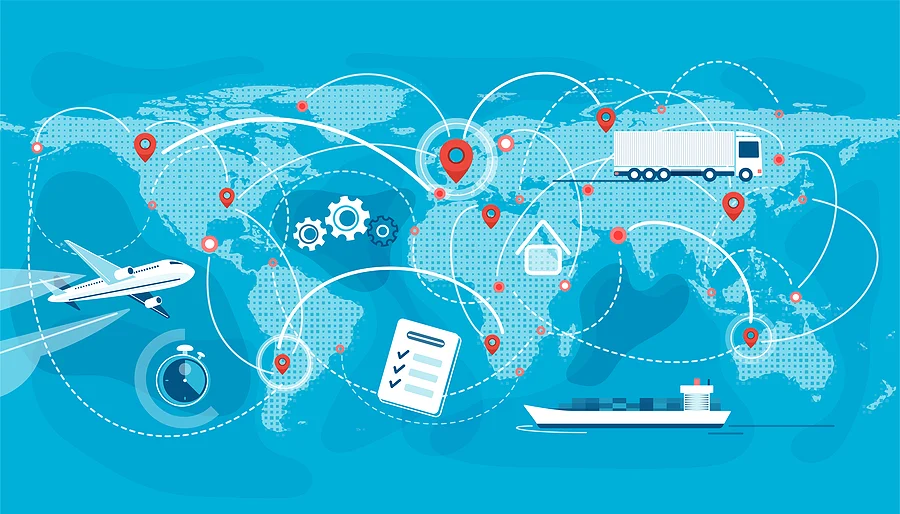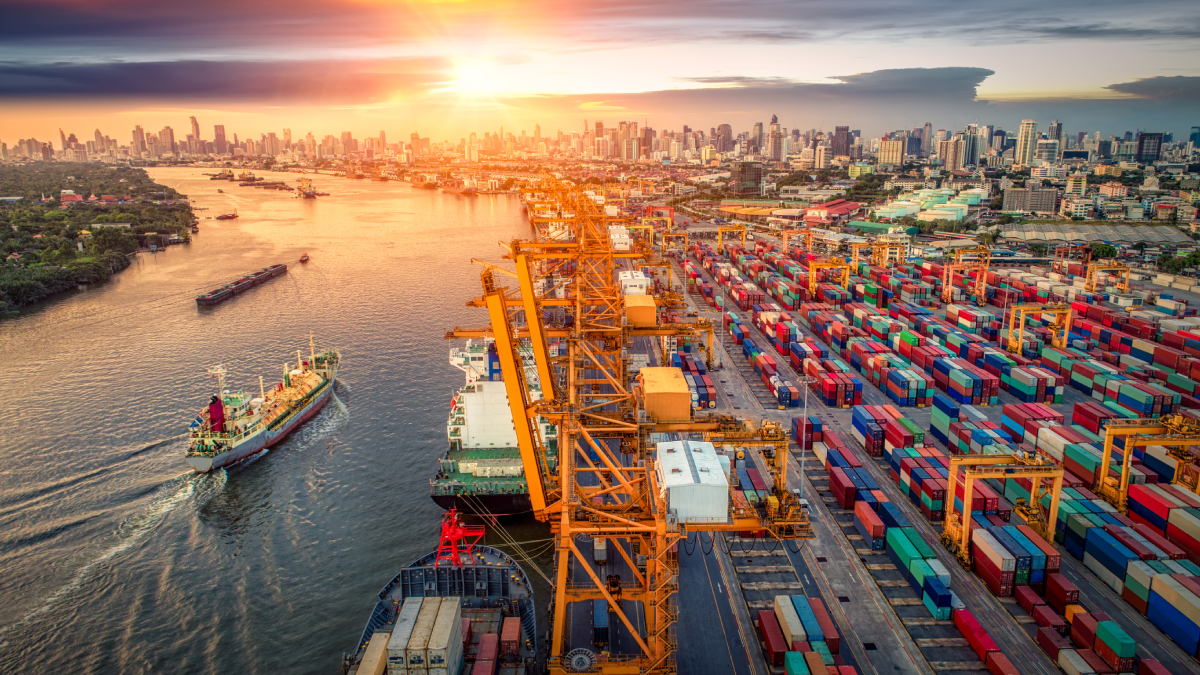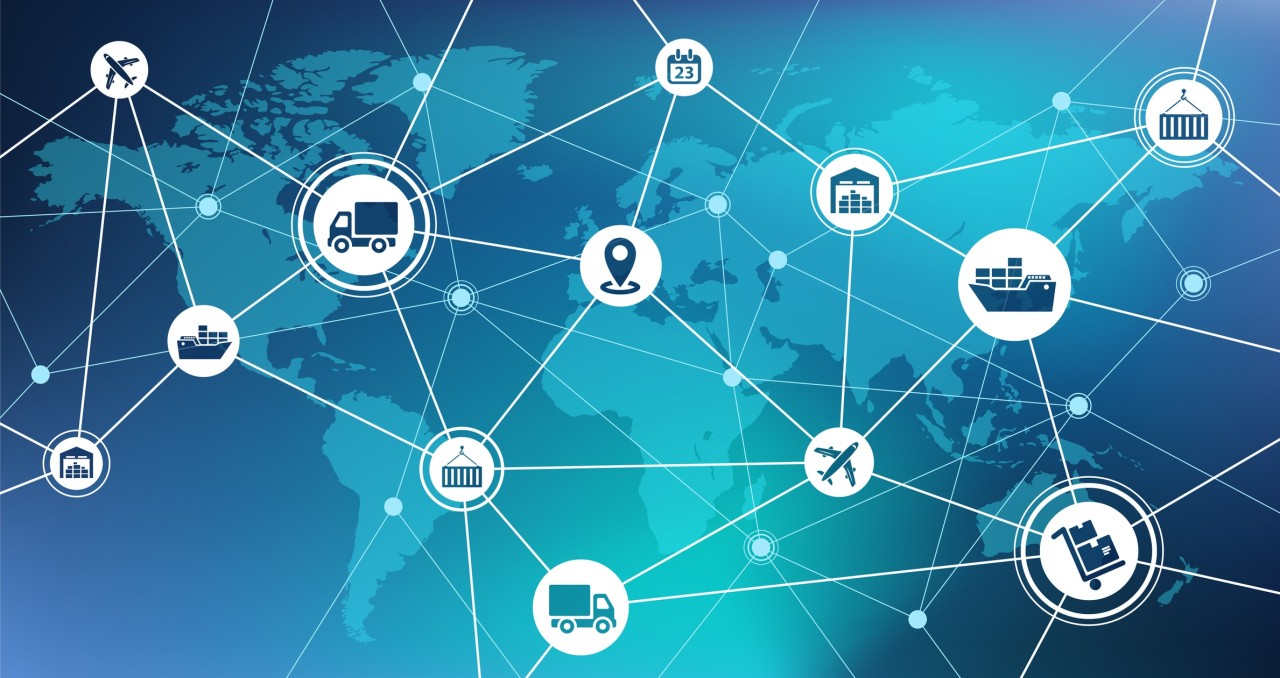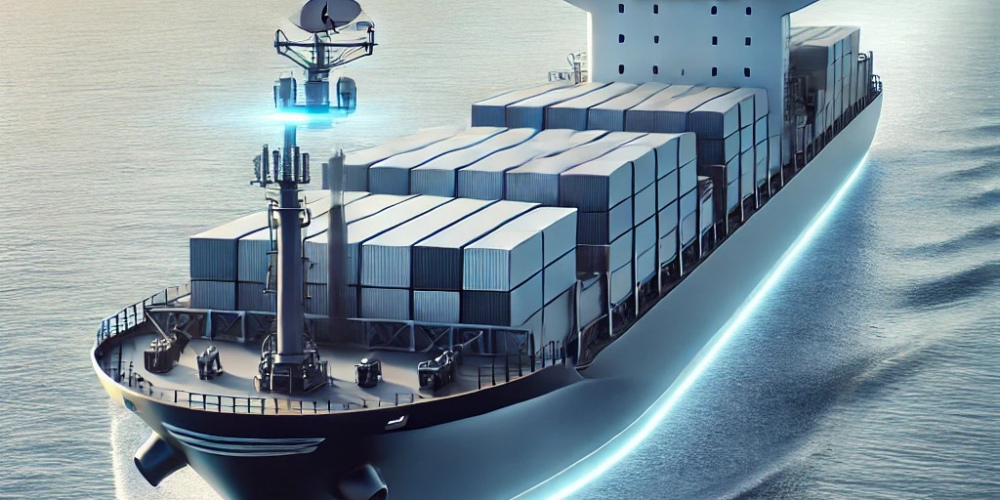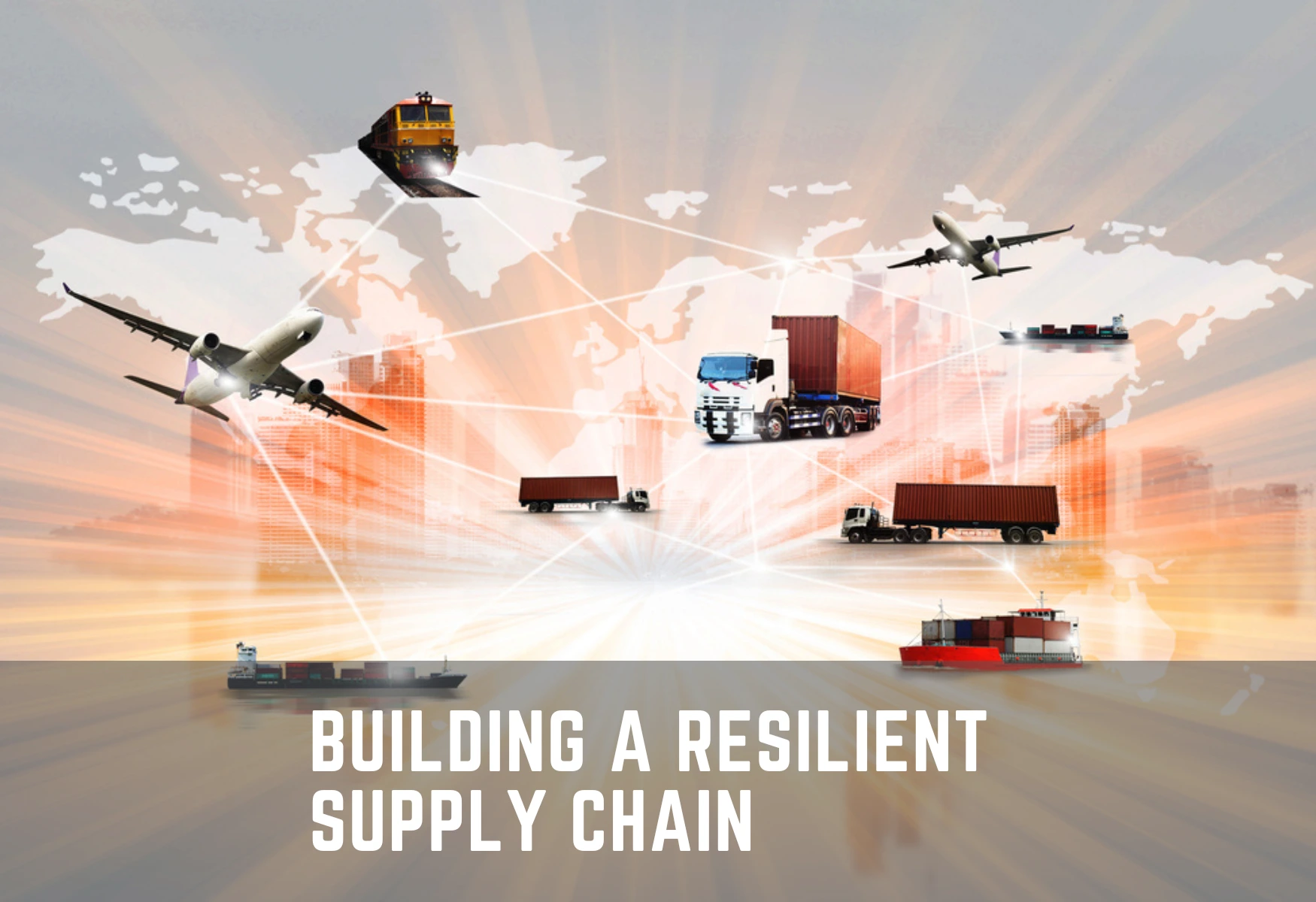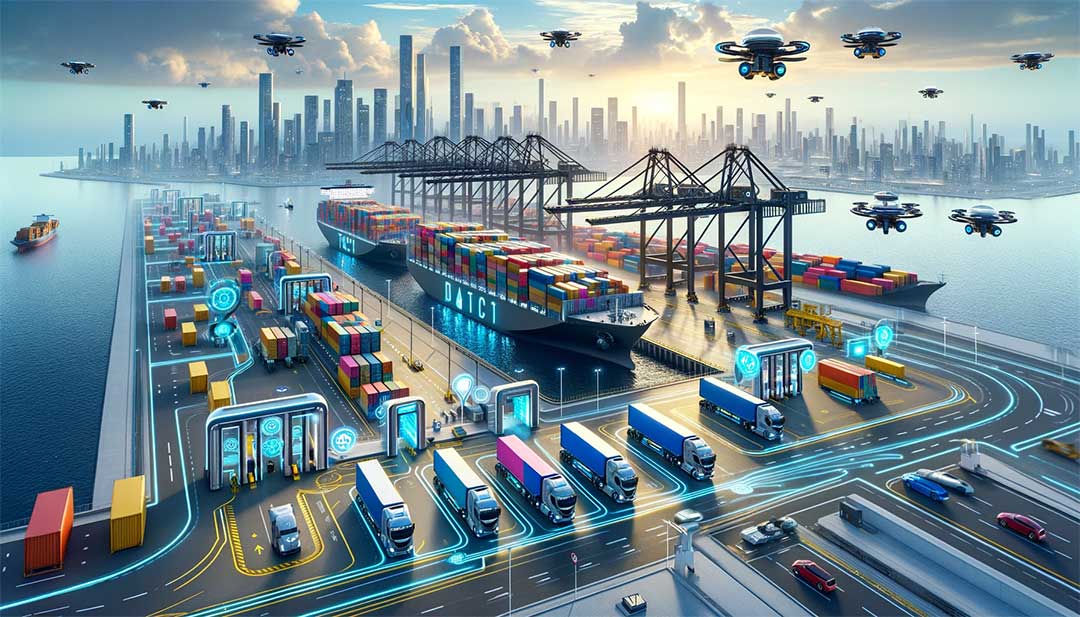Freight Forwarding for Small Businesses
Small businesses can expand globally with reliable freight forwarding services. By understanding shipping regulations, costs, and timelines, companies can deliver products efficiently and maintain customer satisfaction. Freight forwarders handle customs documentation, packaging requirements, and offer solutions that reduce shipping risks. Efficient logistics management enables smaller firms to compete with larger corporations in the global marketplace.
Read More
